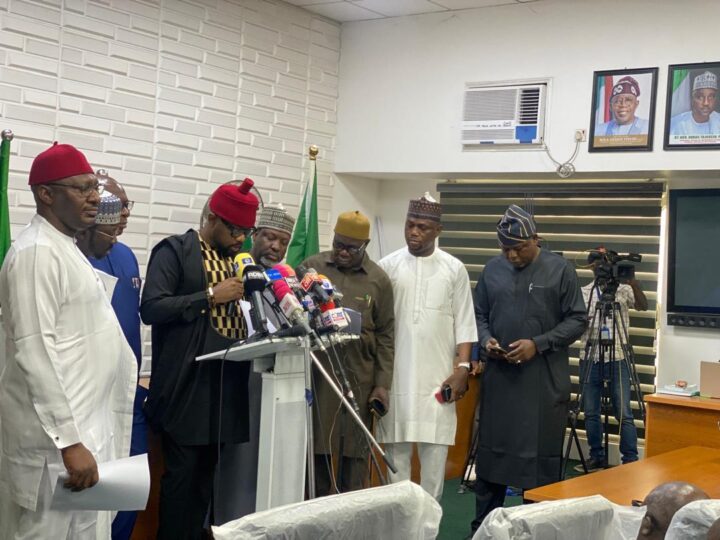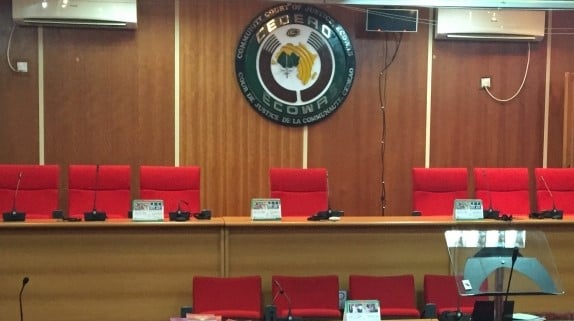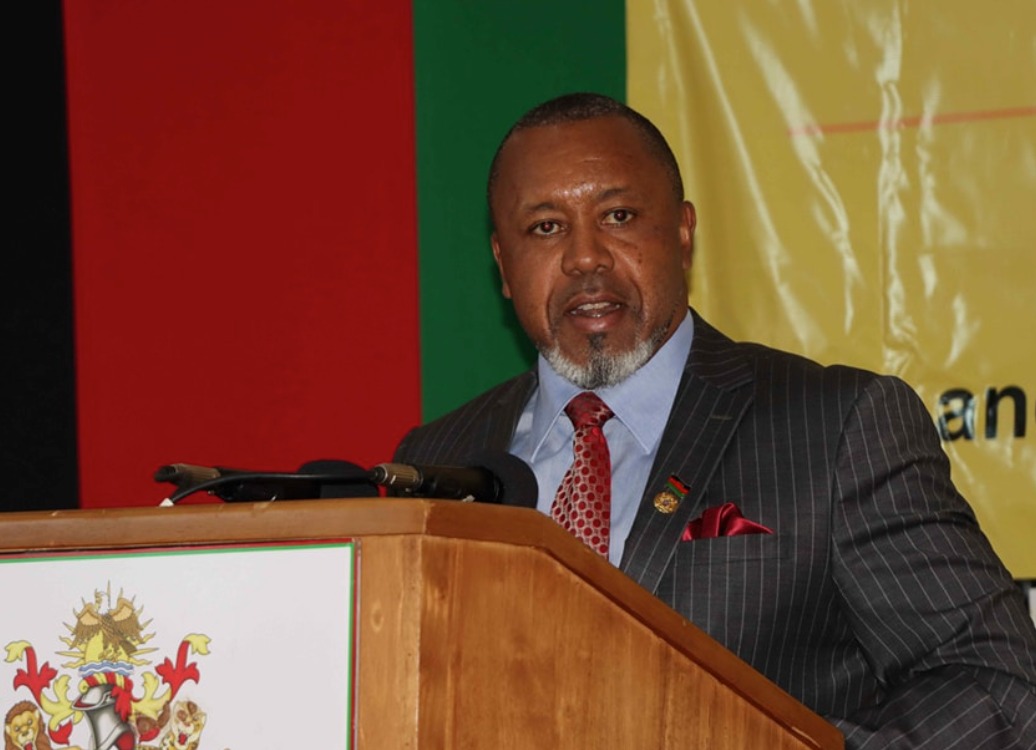Thirty-five members of the house of representatives have proposed a six-year single term for Nigeria’s presidency.
Addressing a press conference in Abuja, on Monday, Ikenga Ugochinyere, who was flanked by his colleagues and co-sponsors of the bills, said the proposed legislation seeks a six-year term for the president and governors and has passed first reading.
The legislators said the bill proposes rotation of executive powers among the six geopolitical zones to “ensure equal representation and reduce the desperation and tempo of agitation for the creation of states”.
Currently, the 1999 constitution stipulates that a candidate can be elected for a four-year term and can be re-elected for another term, after which he or she cannot contest for office again.
Advertisement
The lawmakers proposed several other constitutional amendments bills on governance, restructuring and electoral matters.
The lawmakers also proposed to amend section 3 of the constitution to provide for the recognition of the division of Nigeria into six geopolitical zones.
The caucus, through the constitutional amendment, further sees to create the office of two vice presidents from the southern and northern parts of Nigeria.
Advertisement
“The first vice-president shall be a succession vice president, while the second vice-president shall be a minister in charge of the economy, and both shall be ministers,” Ugochinyere said.
“The president and the 1st vice-president shall come from the same part of the country (north or south) and shall become president whenever the president becomes incapacitated.”
For local government reforms, the lawmakers are proposing financial autonomy and accountability of local government councils, prescribing an independent consolidated local government council account solely superintended by local councils and prescribing long-term imprisonment for any misuse of local government funds.
The caucus said where a state government fails to remit to the local government councils within its jurisdiction, the amounts standing to the credit of that local government in the allocation from the federation account, such state government shall not be entitled to receive a future allocation from the federal government.
Advertisement
ELECTORAL REFORMS
On electoral reforms, the legislators want to amend the relevant sections of the Electoral Act 2022 to ensure that all elections — presidential, governorship, national assembly, state houses of assembly, and local governments — are held on the same day.
They also want the law amended to ensure that “no declaration of a winner of an election shall be done by the relevant INEC officials until such officer has compared the results with the list of accredited voters and ensured that the results to be declared are in tandem with the list of accredited voters and the B-VAS machine or any other electronic device”.
“To provide that any INEC officer who declares a false result will be liable for civil and criminal action personally brought against him by parties in the elections,” the lawmakers said.
Advertisement
Importantly, the lawmakers are proposing that all election-related litigations must be resolved and determined by the elections petitions tribunal, and appeal courts before the winners are sworn into the respective elective offices.
“To make provision for the conduct and conclusion of all elections and election-related litigation within a period of six months before the swearing into office of the validly elected person for the office contested,” the legislators said.
Advertisement
“To provide that all election-related documents and materials must be made available to those who participated in elections and who have reasons to question/petition the elections at the elections tribunal.”
The legislators said they are “taking a crucial step that will further strengthen our understanding, expand the frontiers of our inclusiveness, deepen our bond as one people under God and build a stronger support that will deepen our democracy and electoral system”.
Advertisement
“The reformers are cognizant of the fact that Nigeria in times past has deliberated on and accepted some of the proposals in the bills we are presented in several reform processes, including the Justice Uwais electoral reforms, the senator Ken Nnamani electoral reform committee, the Udoji civil service reform reports, the Confab reports, Obasanjo, Jonathan, IBB,Abacha reform efforts and several others. These works by eminent Nigerians including lawmakers before us have been long abandoned despite the time and resources committed to them. It’s time we revisited those reports, adopted some of the salient proposals, and adjusted them to fit the current realities. Therefore, the bills presented today will address that proposal,” the legislators said.
The lawmakers urged their colleagues to support the bills and ensure that they scale through the constitutional amendment process.
Advertisement
The bills would have to scale through legislative hurdles for them to become law.
According to sections 9(2) and (3) of the 1999 constitution, two-thirds of all the state assemblies — 24 states — are required for each amendment to be approved.
Add a comment






